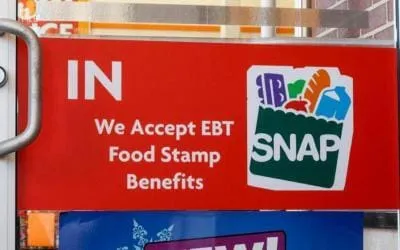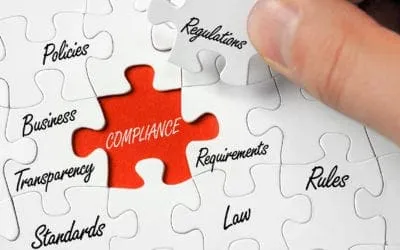Background Checks Blog – Compliance Updates, News & Opinions
Stay up to date with changes in the background checks industry. User powered news, viewpoints and most importantly, your opinion about background screening.
Continuous Background Screening
Continuous Background ChecksContinuous background screening refers to the ongoing monitoring of an individual's criminal record and other relevant information after they have been hired for a job. This type of monitoring is becoming increasingly popular among...
NYC landlords may soon be unable to check tenants’ criminal histories
A new law being considered by lawmakers in New York City would strip landlords of the ability to perform criminal background checks on prospective tenants. Some have criticized the bill for not allowing landlords to conduct criminal background checks on potential...
MSBs: Are you checking your transmittal agents for Food Stamp Fraud?
While a vast majority of the convenience store and corner market owners are hard-working, family-owned businesses, there is always that small percentage that falls to the temptation of easy money through food stamp fraud. Of those that have been caught and denied...
BMW controller embezzled $1.1M – Background check fail? Not.
Dealership controller embezzles $1.1 million Employee at BMW store sentenced to 2 1/2 years In its sentencing memo, the prosecution sought a 33 to a 41-month prison term and said Vence-Small had a "history of financial improprieties with at least two prior employers,"...
Updated resources for compliant background checks
Government and industry know-how publications regarding using background checks for determining employment and rental decisions. Stay up-to-date with changes affecting compliance. Learn from official government and industry resources the do's and don'ts of legally...
Performing Background Checks on a Global Basis
Performing Background Checks on a Global Basis International Background checks have become a critical part of the recruitment process in many countries. Employers with a global presence often seek to harmonize recruitment policies across different...
What does the term “discrimination based on national origin” mean?
New EEOC Discrimination Guidance for Employees National Origin While the current government new immigration policies may have some employers confused, every hiring manager should still take cautious steps not to discriminate against foreign...
New Philadelphia law prohibits employers to ask employee’s past salary
New Philadelphia law prohibits employers to ask employee's past salary In an attempt to address the male versus female salary variation, numerous U.S. counties have created comparable salary statutes which restrict businesses from inquiring past...
Do you really need criminal background checks?
In a perfect world, there would be no need for criminal background checks Let's not kid one another, there are good people and then, there are bad people. We all watch the news reports about all kinds of violence happening in places of employment,...
Compliance Guide for FCRA Employment Background Checks
Concerned about being FCRA compliant when screening employment applicants? Let's start by learning the fundamental objective of the Fair Credit Reporting Act (FCRA). As the name implies, it is all about complying with fairness and accuracy set...
Giving ex-convicts a second chance in society
Should you hire an ex-convict?Oftentimes young people make mistakes whether due to socio-economical circumstances, immaturity, lack of adult mentor guidance or simple peer pressure. Sadly, most of them could have done something better if given the...
Background Checks: Damned if you do, damned if you don’t
The conundrum of background checks. A delicate balance. Traditionally, the intended purpose of doing background checks has been to verify and/or find the information you may not know about someone’s past. Doing so enables you to become better...











